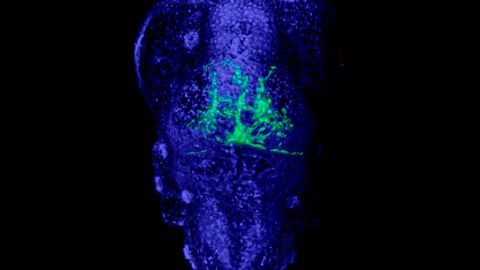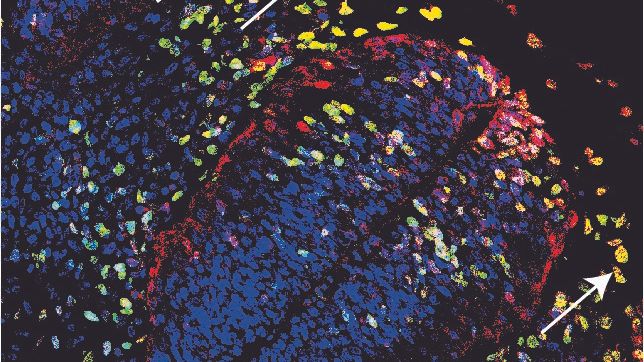Study finds losing a night of sleep may increase blood levels of Alzheimer’s biomarker
A preliminary study by researchers at Uppsala University has found that when young, healthy men were deprived of just one night of sleep, they had higher levels of tau – a biomarker for Alzheimer’s disease – in their blood than when they had a full, uninterrupted night of rest. The study is published in the medical journal Neurology.

